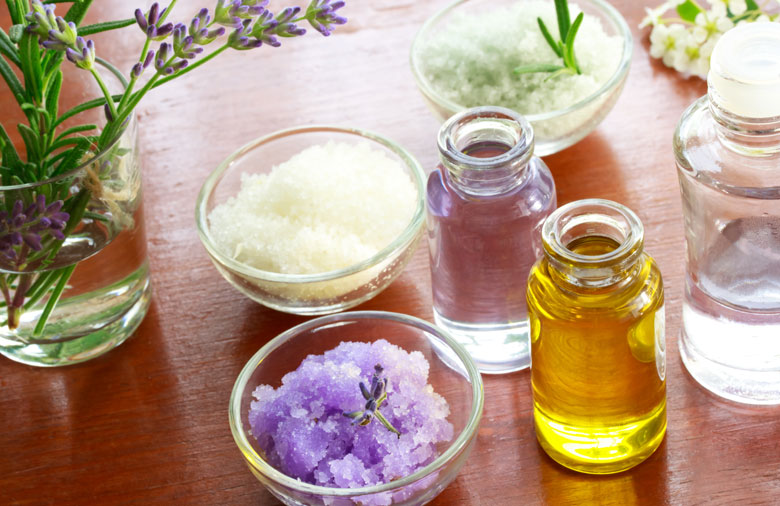Alternative Medicine, Conditions & Treatments, Health & Wellness
Alternative Medicine: All About Aromatherapy
Although alternative medicines such as aromatherapy seem to be new types of medical treatments, they actually have been around for thousands of years.
In fact, more than 2,000 years ago, Pedanius Dioscorides, a Roman physician, pharmacologist and botanist originally from Greece, wrote a 5-volume encyclopedia about herbal medicines that was widely used for more than 1,500 years.
To discover more about the benefits of aromatherapy, read the questions and answers from noted holistic health practitioner, Hector Mota, from Touch of Energy in San Diego, California, who integrates aromatherapy into his practice to help his clients realize a higher degree of wellness.
What is aromatherapy?
Aromatherapy is the use of essential oils to treat or prevent disease, or help the body heal. While aromatherapy does not cure conditions, it promotes natural ways for the body to cure itself.
How does aromatherapy work?
There are 2 ways aromatherapy can help people. First, by breathing in an essential oil, the aroma influences emotions and behavior. Second, when the essential oils are applied directly to the skin, they immediately cause a physiological change in the body.
How is aromatherapy administered?
There are basically 3 ways essential oils are used in aromatherapy:
- Diffusion – sprayed in the air to enhance the environment
- Inhalation – breathed in for respiratory health and psychological effects
- Topical – applied to the skin during massage, in compresses or in baths
What are some of the components of essential oils used for aromatherapy?
Essential oil – fragrant oils extracted chiefly from plants by steam or pressing
Absolutes – fragrant oils extracted from flowers using solvents
Carrier oils – oils, such as sweet almond oil, to transfer essential oils to skin
Herbal distillates – a watery by-product, such as rosewater, after distillation
Infusions – water-based extracts of plants
What can aromatherapy help with?
- Anxiety reduction
- Enhance energy
- Increase memory
- Relaxation
- Relieve skin conditions
- Reduce pain
- Disease prevention
- Physical ailments
What are some popular aromatherapy essential oils?
- Lemon oil – uplift mood and relieve stress
- Thyme oil – antispasmodic and cardiac relief
- Lavender – calming
- Jasmine – anti-anxiety
- Peppermint – release migraines and headaches
- Sage oil – boost short-term memory
While singular use is common, professional aromatherapists blend various oils to benefit specific conditions.
- Orange, Cedarwood, Cinnamon and Patchouli – Increases focus
- Bergamot, Clary Sage, Ylang-Ylang and Basil – Revitalizes energy
Are there any precautions about aromatherapy that I should keep in mind?
Although essential oils used in aromatherapy are safe for the general public, there can be instances where it might create an adverse reaction:
- High concentrations can inflame skin
- Acids in citrus-based oils can irritate skin
- Reactions from incorrectly ingesting the oil
- May not be safe for pregnant or lactating women
For more details how aromatherapy may improve your wellness, contact an aromatherapist or other alternative medicine professional.
If the information in this article was helpful, please consider sharing it with others who may benefit from it.
Related Articles
Alternative Medicine: All About Acupuncture
Alternative Medicine: All About Emotional Freedom Techniques

Join the Discussion
0 Comments